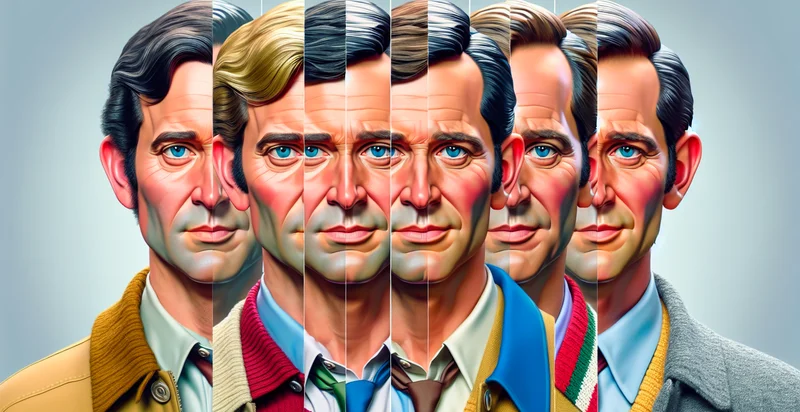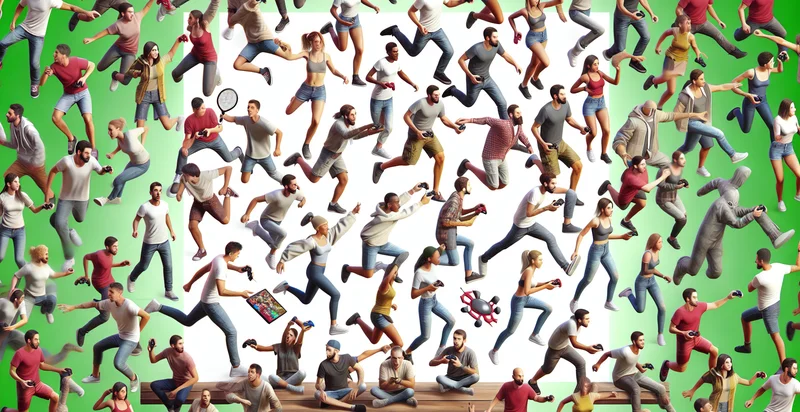Identify which character from Becker you look like
using AI
Below is a free classifier to identify which character from Becker you look like. Just upload your image, and our AI will predict which character you look like - in just seconds.

Contact us for API access
Or, use Nyckel to build highly-accurate custom classifiers in just minutes. No PhD required.
Get started
import nyckel
credentials = nyckel.Credentials("YOUR_CLIENT_ID", "YOUR_CLIENT_SECRET")
nyckel.invoke("which-character-from-becker-you-look-like", "your_image_url", credentials)
fetch('https://www.nyckel.com/v1/functions/which-character-from-becker-you-look-like/invoke', {
method: 'POST',
headers: {
'Authorization': 'Bearer ' + 'YOUR_BEARER_TOKEN',
'Content-Type': 'application/json',
},
body: JSON.stringify(
{"data": "your_image_url"}
)
})
.then(response => response.json())
.then(data => console.log(data));
curl -X POST \
-H "Content-Type: application/json" \
-H "Authorization: Bearer YOUR_BEARER_TOKEN" \
-d '{"data": "your_image_url"}' \
https://www.nyckel.com/v1/functions/which-character-from-becker-you-look-like/invoke
How this classifier works
To start, upload your image. Our AI tool will then predict which character you look like.
This pretrained image model uses a Nyckel-created dataset and has 11 labels, including John Becker, Jake Malinak, Margaret Hooper, Linda Schwartz, Chris Connelly, Phillip R. Becker, Hank Pinter, Dr. Bob, Benny and Susan.
We'll also show a confidence score (the higher the number, the more confident the AI model is around which character you look like).
Whether you're just curious or building which character from Becker you look like detection into your application, we hope our classifier proves helpful.
Related Classifiers
Need to identify which character from Becker you look like at scale?
Get API or Zapier access to this classifier for free. It's perfect for:
- Personalized Marketing Campaigns: Brands can utilize the character identifier to create targeted marketing strategies by engaging users based on the characters they resemble. This data can help tailor product recommendations and advertisements to the emotional connections associated with beloved characters, increasing conversion rates.
- Social Media Engagement: Social media platforms can implement this feature to create interactive content, encouraging users to share their results. This would boost user engagement and sharing, as friends may want to compare results or challenge each other to see which character they resemble.
- Content Creation for Entertainment: Content creators can use the character identification function for quizzes and personality tests on websites or apps. This interactive content can attract viewership and increase user dwell time, as users are curious about their resemblance to fictional characters.
- Character-based Merchandise Recommendations: E-commerce platforms can leverage this technology to recommend merchandise related to the characters users resemble. This creates a more personalized shopping experience, leading to potentially higher sales conversions by catering to fans of specific characters.
- Psychological Profiling and Entertainment Analysis: Psychologists and entertainment analysts can use the feature to explore how visual or personality traits can correlate with character identification. This could provide insights into user behaviors and preferences in media consumption and character affinity.
- User Engagement in Gaming: Video game developers can incorporate the function to enhance user engagement by allowing players to discover which characters they resemble from their game. This could lead to tailored game experiences, in-game bonuses, or character unlocks based on user personality likeness.
- Customized Online Communities: Online forums and communities can utilize this function to create niche groups based on character affiliation. Users who identify with similar characters can form connections, discuss traits, and build a sense of belonging, enhancing user loyalty to the community.


